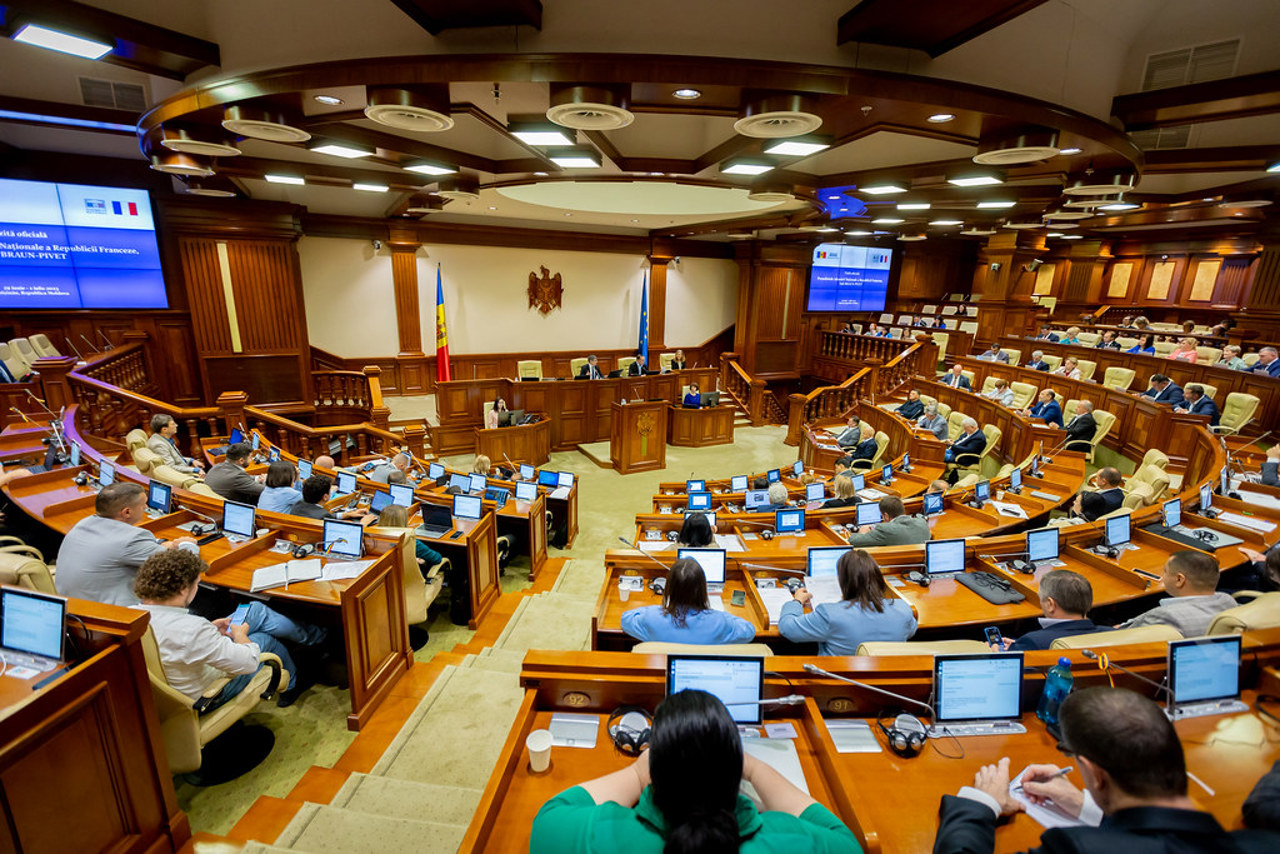The draft budgetary and fiscal policy for 2024 was approved by the Parliament in the first reading
The draft law amending several legislative acts forming part of the budgetary-fiscal policy for the year 2024 was voted in first reading at today's plenary session. The objectives of the budgetary-fiscal policy are to create a harmonised, fair, efficient and simple tax system that ensures the mobilisation of the budgetary resources needed to finance sustainable development objectives, the authors note.

The chairman of the Committee on Economy, Budget and Finance, Radu Marian, appreciated that the policy had been presented so early in the budgetary calendar, giving business and employers predictability in their work. At the same time, this allows for a full public debate of the draft law with all stakeholders, before its adoption in final reading.
The draft contains fiscal instruments for attracting and retaining skilled labour; revision of the mechanisms for calculating and paying taxes and duties with a view to simplifying and clarifying the legislative framework, prerequisites for discouraging the "envelope wage" phenomenon, measures to improve tax administration, etc. At the same time, other budgetary policy measures are intended to clarify ambiguous situations in the budgetary-fiscal legislation and make its understanding and application clearer. The draft also aims to continue the process of harmonising national legislation with EU legislation, with priority given to VAT and excise duties.
Concrete measures include extending the range of tax incentives and reviewing the categories of expenses incurred by employers in favour of employees and allowed for deduction for tax purposes. This will make it possible to maintain a skilled workforce, attract new specialists and diversify the social package offered to employees.
The draft proposes to extend the categories of deductions for individuals when determining income tax liabilities with expenses related to voluntary health insurance premiums or for contracting medical services, expenses related to the premium under the life insurance contract. Individuals will also be able to deduct interest payments on mortgage loans, up to the amount of an average salary in the economy.
The document also provides for the standardisation of the personal income tax rates withheld on investment and financial income by setting them at 6%. This measure aims to stimulate the investment of savings accumulated by individuals by applying a single regime to all the income mentioned.
At the same time, the document provides for maintaining the rule of setting excise duty rates for a period of 3 years to ensure the principle of predictability for the business environment, but also to have a clear forecast of budget revenues. Thus, the tax on excise products, including tobacco, cider, some petroleum products, is expected to increase by 7% annually over the next three years, except for some categories of products such as liquefied gas, heating oil, beer or alcohol.
In order to comply with the commitments to harmonise tax and customs legislation, the tax regime for passenger cars is modified by taxing them with VAT on general principles from 1 January 2025, with a gradual decrease in the excise duty rate. The draft budgetary and fiscal policy for 2024 is also to be voted on in second reading.




